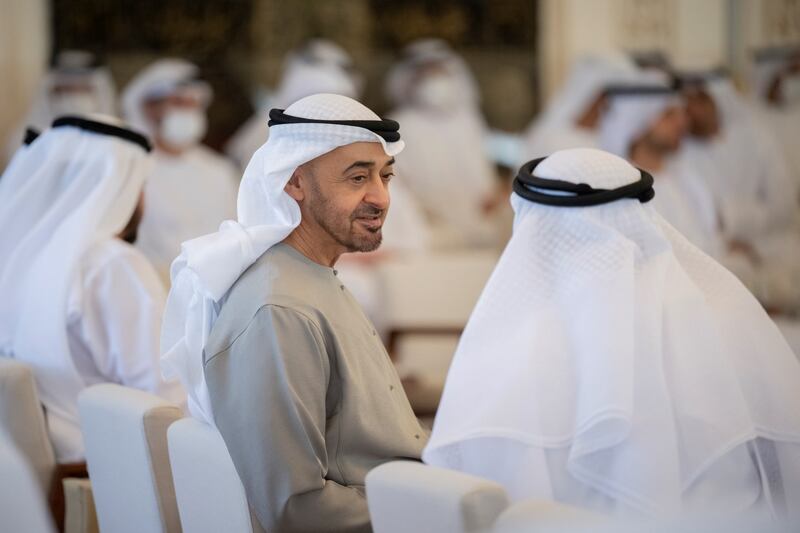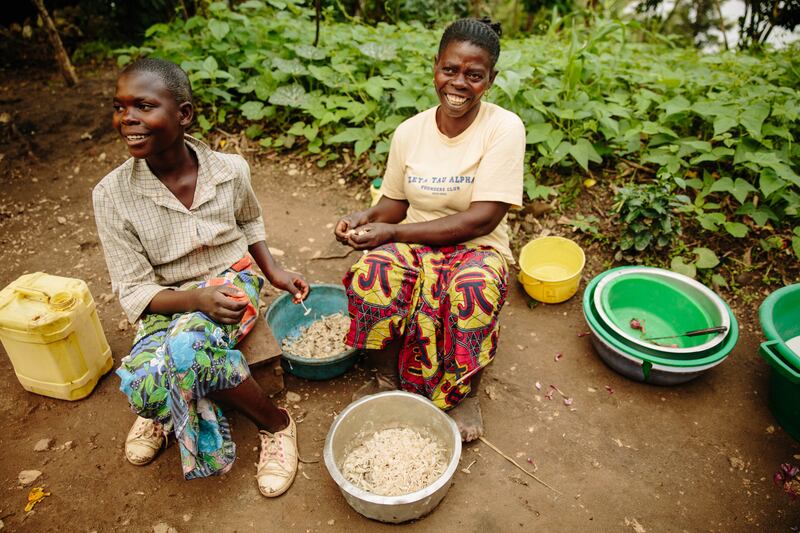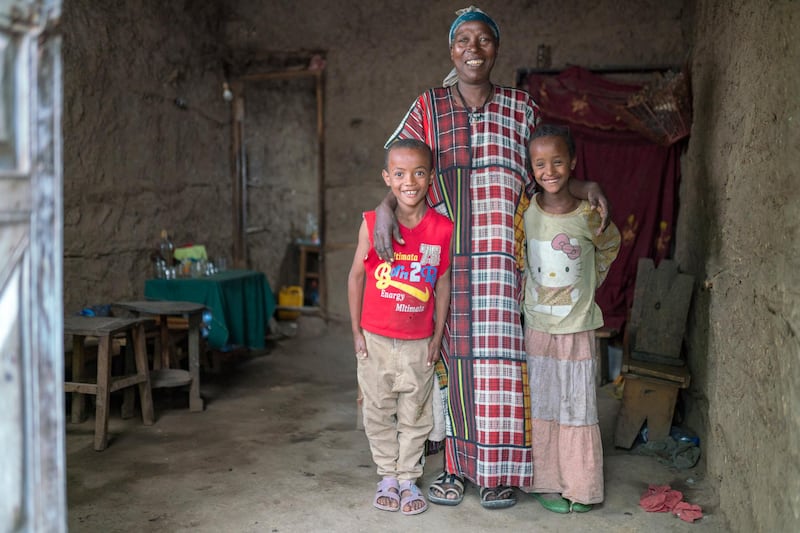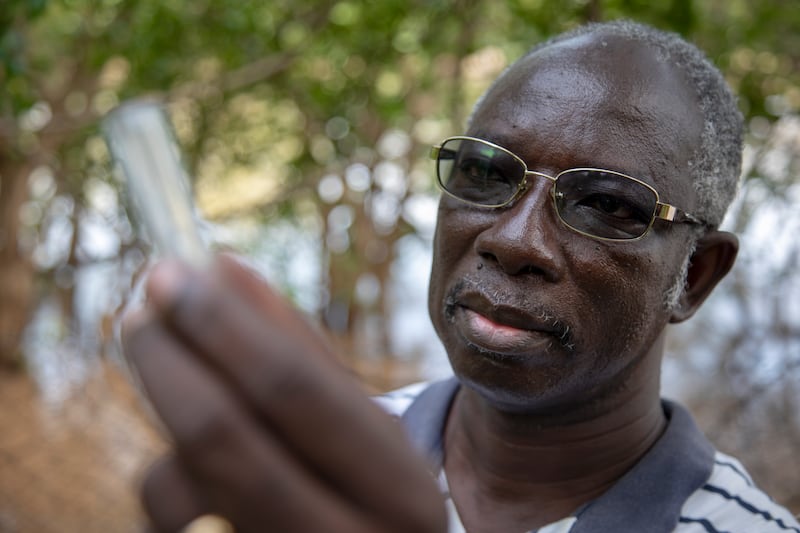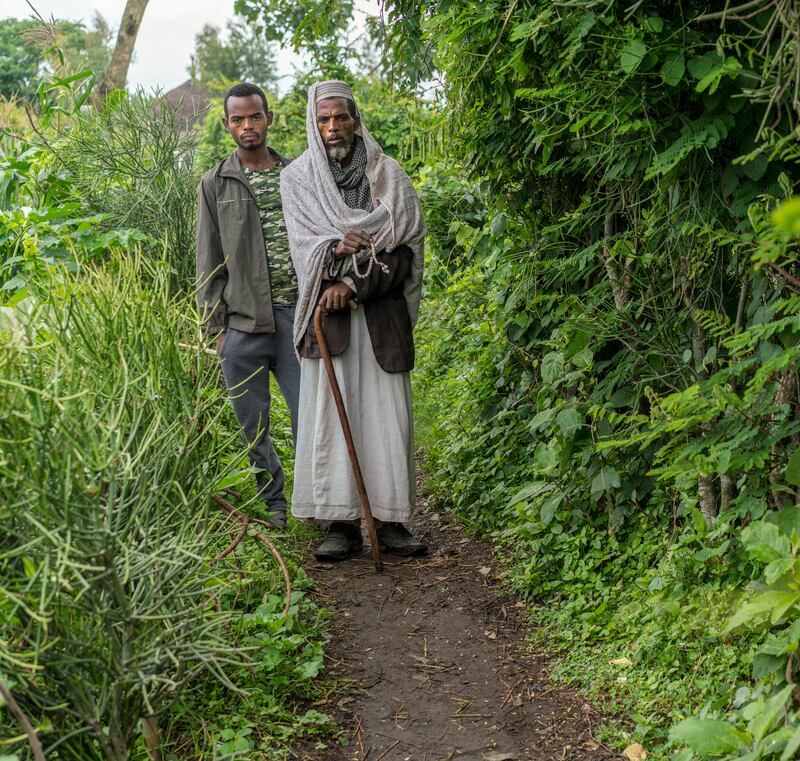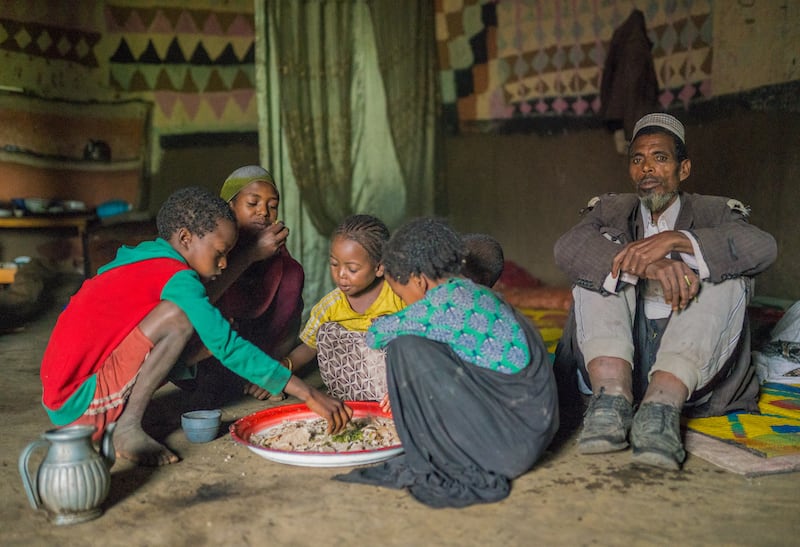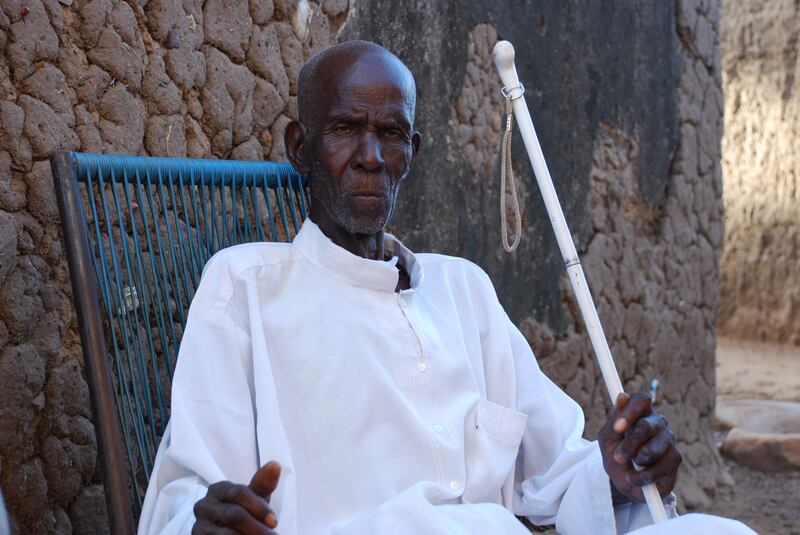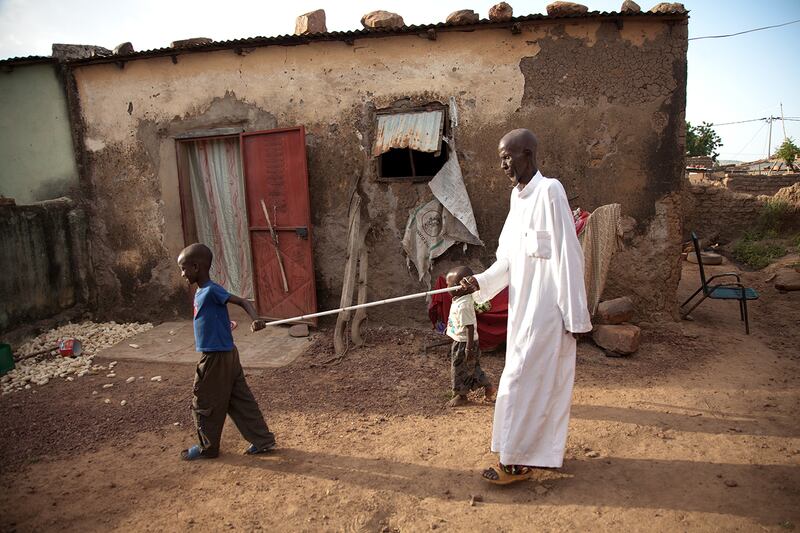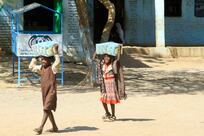The UAE has signed the Kigali Declaration, a campaign to eliminate neglected tropical diseases.
Launched earlier this year, the declaration aims to mobilise political will and secure commitments to achieve the third UN Sustainable Development Goal target of ending communicable diseases.
“In line with our long-standing commitment to helping those in need, the UAE has signed the Kigali Declaration on Neglected Tropical Diseases,” President Sheikh Mohamed wrote on Twitter.
“We will continue to collaborate with international partners in pursuing innovative strategies to accelerate disease eradication efforts.”
Sheikh Shakhbout bin Nahyan, Minister of State, signed the declaration in Rwanda on Thursday at the Kigali Summit on Malaria and NTDs, hosted by Rwanda on the sidelines of the Commonwealth Heads of Government Meeting.
“Today represents another significant milestone in the effort to end neglected tropical diseases, as we join global leaders in pledging to eliminate these diseases that are affecting millions of people in the world’s most vulnerable communities,” Sheikh Shakhbout said.
“Only through collaboration and partnership can we truly make significant progress on the journey toward ending NTDs.
“We are honoured to join the government of Rwanda and our international partners to mark the next stage of that journey here in Kigali.”
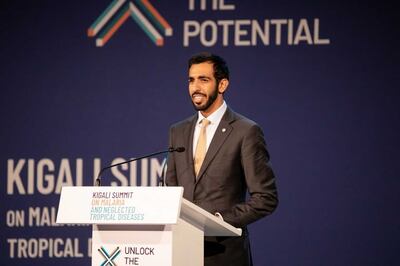
The Kigali Declaration builds on the success of the ground-breaking 2012 London Declaration on NTDs, which ended this year, and outlines a clear path to achieve the targets laid out by the World Health Organisation’s 2030 Roadmap on NTDs.
“The UAE is a long-standing champion of NTD elimination. We are proud to continue the legacy of our late founder, Sheikh Zayed, and to reaffirm the commitment of our President, Sheikh Mohamed, who believes that no one should suffer from a preventable disease,” Sheikh Shakhbout said.
“Much progress has been made on NTDs and, as a nation, we are determined to continue to support elimination efforts and global movements, such as the Kigali Declaration that can help raise awareness and mobilise resources.
“Our collective efforts will free communities from the burden of these devastating diseases while strengthening local health systems and securing a safer world for all.”
The Kigali Declaration was also signed by Heads of State including Rwandan President Paul Kagame, Nigerian President Muhammadu Buhari, Prime Minister of Papua New Guinea James Marape and President of Tanzania Samia Suluhu Hassan.
Sheikh Mohamed's never-ending support to fight NTDs
Sheikh Mohamedhas long shown a commitment to the eradication of tropical diseases.
In the fight against neglected tropical diseases, such as guinea worm disease, a parasitic infection that mostly affects poor communities in Africa, Sheikh Mohamed has supported advocacy efforts and provided generous financial assistance over the years.
One of Sheikh Mohamed’s biggest contributions to combating tropical diseases was the setting up of the Reaching the Last Mile Fund in 2017.
The decade-long $100m initiative seeks to eliminate river blindness and lymphatic filariasis in a number of African countries.
At the beginning of 2021, Sheikh Mohamed pledged to give $10 million to the Carter Centre, an organisation founded by Jimmy Carter, the former US president, that fights tropical illnesses.
Since 2010, the UAE has donated more than $250m to the fight against preventable tropical diseases such as Guinea worm.
A UAE-backed breakthrough has also offered hope for leukaemia and epilepsy sufferers, it was announced on Wednesday.
Researchers based at the UAE-backed Zayed Centre for Research into Rare Disease in Children in London have shared how advances in gene-editing are offering hope to leukaemia patients.
Pioneering work at the centre also includes advances in early genetic analysis that is making a “big difference” in outcomes for epilepsy sufferers.
What are NTDs?
NTDs affect more than 1.7 billion people, often those who live in extreme poverty, in remote communities and who lack access to basic amenities such as clean water.
It includes leprosy, Chagas disease, intestinal worms, the dengue and chikungunya viruses, guinea worm disease, scabies, trachoma and schistosomiasis, lymphatic filariasis, yaws, river blindness and sleeping sickness.
Efforts to treat and prevent the pathogens that cause the diseases cost developing economies billions of dollars every year.
NTDs are responsible for thousands of preventable deaths each year and play a big role in perpetuating the cycle of poverty by keeping millions of adults and children out of work and school, respectively.
